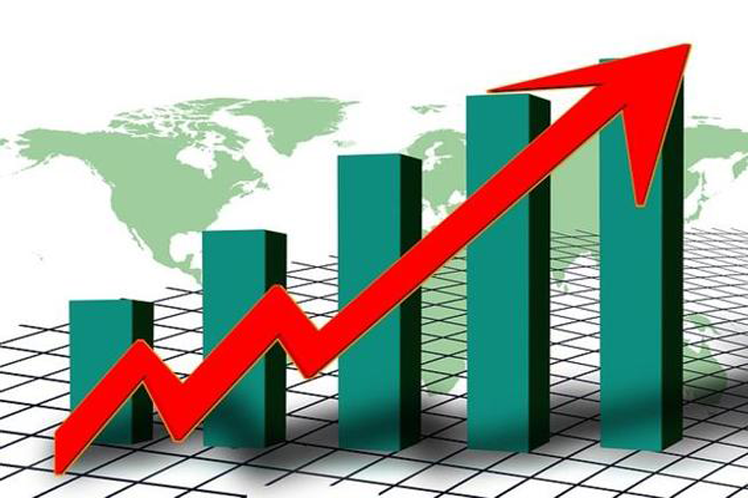The complicated web of external factors adds to the lack of investment that has limited Latin American and Caribbean economic progress for decades.
Slower trade growth, the appreciation of the dollar and the tightening of global financial conditions are some of the factors that will affect the economic recovery of the region’s countries, the Economic Commission for Latin America, and the Caribbean (ECLAC) warned on Tuesday, forecasting average growth of 2.7% for the region in 2022.
At the press conference to present its Economic Survey 2022, held in Santiago, Chile, ECLAC updated its grey growth projections for the sub-regions in the current year: South America, 2.6% compared to 6.9% in 2021; the group formed by Central America and Mexico, 2.5% compared to 5.7% the previous year; and the Caribbean – the only sub-region that will grow more than in 2021 – 4.7%, excluding Guyana, compared to 4.0% last year.
ECLAC clarified that these forecasts are averages that hide many national realities and recalled the high heterogeneity of the countries in the region.
“This year, 16 countries in the region, i.e., almost half, will not have recovered the GDP level they had before the pandemic,” stressed Daniel Titelman, director of ECLAC’s Economic Development Division.
Titelman also indicated that the decline in economic activity has slowed the recovery of labour markets, especially for women, whose unemployment this year will reach 11.6 per cent this year, up from 9.5 per cent in 2021.
Crises exacerbated by war in Ukraine
The ECLAC report explains the low growth and increase in global inflation as the result of a series of crises exacerbated by the war in Ukraine, which has caused geopolitical tensions, lower global economic growth, reduced food availability and increases in energy prices which, in turn, have boosted the inflation that was caused by the impact of the COVID-19 pandemic.
The interim executive secretary of the Commission pointed out that this situation is compounded by the fall in investment and growing social demands, posing major challenges for macroeconomic policy, which must reconcile measures to boost recovery with policies aimed at controlling inflation and making public finances sustainable.
“This cumulative sum of events requires rethinking the economic side,” said Mario Cimoli, adding that macroeconomic policy coordination is needed to support the acceleration of growth, investment, poverty reduction and inequality, while at the same time tackling inflationary dynamics.
Inflation, which has reached a regional average of 8.4 per cent, has led central banks to raise interest rates and reduce monetary aggregates to control it. However, monetary policy alone can lead to recession, Cimoli warned.
Lack of investment
In this regard, the report emphasized that beyond the dynamics of the economic cycle, the low growth of investment over the last three decades has become a structural constraint to development, which is why it is crucial to reactivate the dynamics of investment for sustainable and inclusive growth.
“Investment is the bridge between the short and medium term and is essential to address climate change,” says the text.
The study states that between 1951 and 1979, investment grew by an average of 5.9% per year, while between 1990 and 2021 this figure reached only 2.9% per year.
In this context, ECLAC urges to increase investment in Latin America and the Caribbean, stressing that in 2021 it was at the lowest levels compared to other regions.
It argues that this requires greater coordination between fiscal, monetary and exchange rate policy and the use of the set of tools available to the authorities so as not to subordinate growth and investment to anti-inflationary policy.
Moreover, macroeconomic efforts should be complemented by industrial, trade, social and care economy policies, it adds.
ECLAC considers that, while a significant part of the financing to increase investment must come from domestic resource mobilization, international cooperation is very important in the process. “For this reason, official development assistance and financing from global financial institutions and development banks must be significantly increased,” it says.
“If investment does not increase, employment will not increase, and informality and inequality will not be reduced. We need investment that generates quality jobs. All the measures taken will be a palliative if investment does not increase,” Cimoli warned. (https://atalayar.com/en/content/latin-america-grow-27-2022-amid-complex-economic-outlook)

































